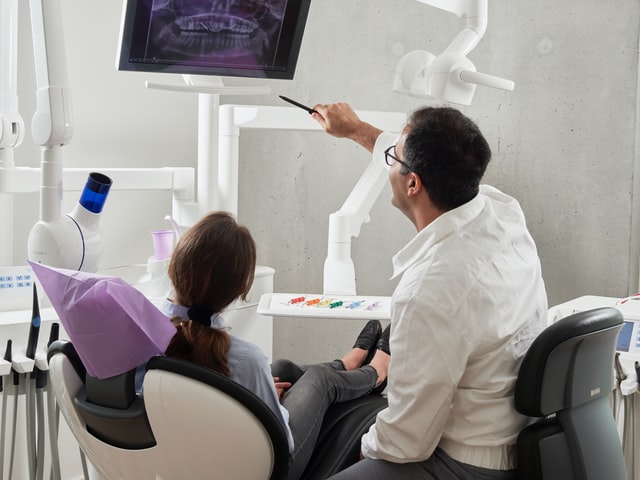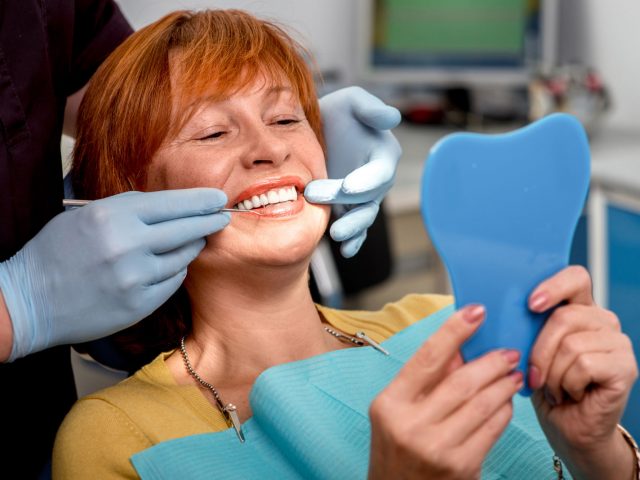In our quest for a dazzling smile, teeth-whitening products have become increasingly popular. Among the plethora of options available, teeth whitening strips have gained immense popularity due to their convenience and effectiveness. However, the burning question remains: Are teeth whitening strips safe? This article delves deep into the world of teeth whitening, exploring the safety concerns associated with these strips while shedding light on the best practices for achieving a radiant smile without compromising your dental health.
Understanding Teeth Whitening Strips
Before we dive into the safety aspects, let’s comprehend what teeth whitening strips are and how they work. Teeth whitening strips are thin, flexible pieces of plastic coated with a whitening gel containing hydrogen peroxide or carbamide peroxide. These strips are applied directly to the teeth and left in place for a specified period, during which the whitening agents work their magic by breaking down stains and discoloration.
The Appeal of Teeth Whitening Strips
Teeth whitening strips have become a go-to option for those seeking a brighter smile for several reasons:
- Ease of Use: Applying whitening strips is a straightforward process that can be done in the comfort of your home.
- Cost-Effective: Compared to professional teeth whitening procedures, strips are more budget-friendly.
- Gradual Whitening: The gradual nature of whitening strips allows for a more natural-looking result.
- Accessibility: They are readily available over-the-counter and online.
The Safety Concerns
Now, let’s address the elephant in the room—are teeth whitening strips safe? While these strips offer numerous advantages, it’s crucial to be aware of potential safety concerns:
1. Sensitivity
One of the most common side effects of teeth whitening strips is tooth sensitivity. The active ingredients, such as hydrogen peroxide, can temporarily make your teeth more sensitive to hot and cold foods and drinks. However, this sensitivity usually subsides after completing the treatment.
2. Gum Irritation
Improper application of whitening strips can lead to gum irritation. It’s vital to follow the instructions carefully to ensure that the strips do not come into contact with your gums. If irritation occurs, discontinue use and consult your dentist.
3. Uneven Results
Teeth whitening strips may not provide uniform results, as they might not adhere perfectly to the contours of your teeth. Some areas may whiten more than others, leading to uneven results.
4. Overuse
Using teeth whitening strips excessively or for longer durations than recommended can harm your enamel and lead to tooth damage. Always adhere to the recommended usage guidelines.
5. Not Suitable for All
Teeth whitening strips are not suitable for everyone. Individuals with underlying dental issues, such as cavities, gum disease, or tooth decay, should consult their dentist before using whitening strips. Pregnant or nursing women should also exercise caution.

Ensuring Safe Usage
To enjoy the benefits of teeth whitening strips while minimizing potential risks, follow these safety tips:
- Consult Your Dentist: Before starting any teeth whitening regimen, consult your dentist to ensure it’s appropriate for your dental health.
- Read Instructions Thoroughly: Carefully read and follow the instructions provided with the whitening strips.
- Use as Directed: Stick to the recommended duration and frequency of use. Overusing the strips can be harmful.
- Monitor Sensitivity: If you experience tooth sensitivity or gum irritation, discontinue use and consult your dentist.
- Maintain Oral Health: Regularly brush, floss, and visit your dentist for check-ups to maintain good oral health.
- Consider Professional Whitening: For those with concerns about safety or seeking more consistent results, professional teeth whitening under the supervision of a dentist may be a better option.
The Verdict
Are teeth whitening strips safe? When used correctly and in moderation, teeth whitening strips can be a safe and effective way to achieve a brighter smile. However, they may not be suitable for everyone, and it’s essential to prioritize your dental health throughout the process.
Before embarking on your teeth whitening journey, consult your dentist for personalized advice and recommendations tailored to your specific needs. By doing so, you can confidently work towards that radiant smile you’ve always desired. Check out their page to get more important tips and ideas about at-home teeth whitening kits.








